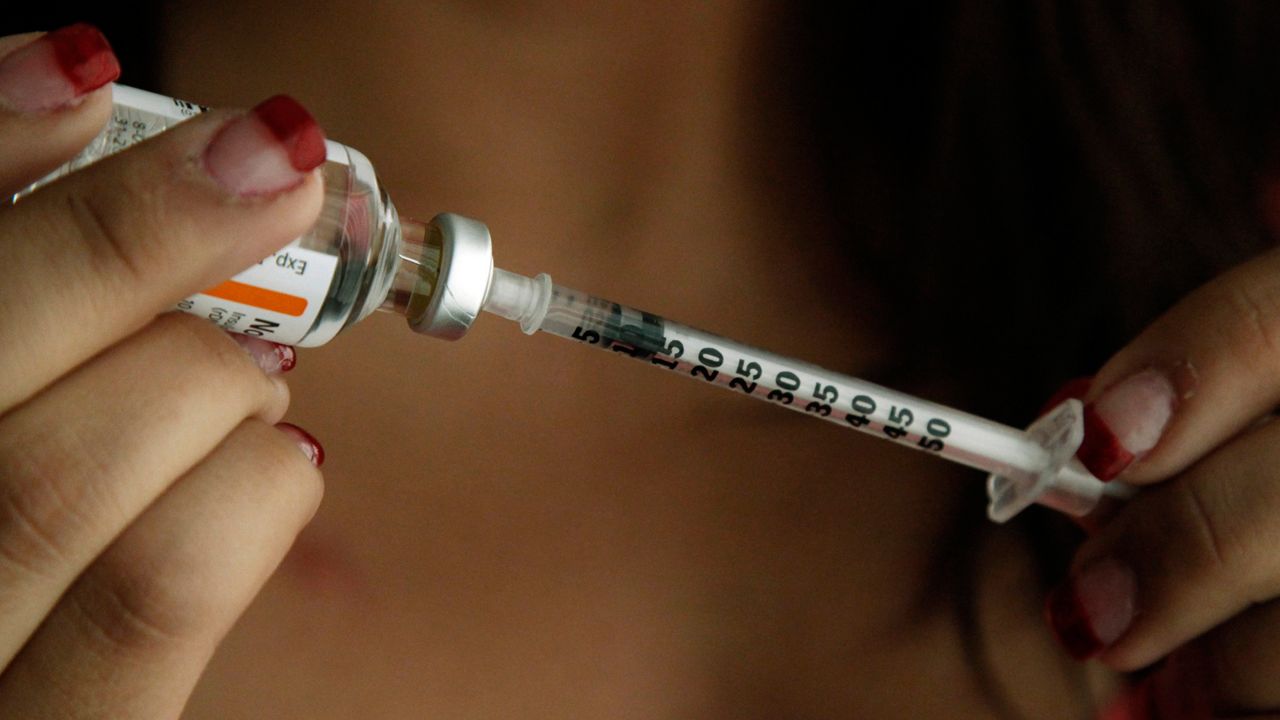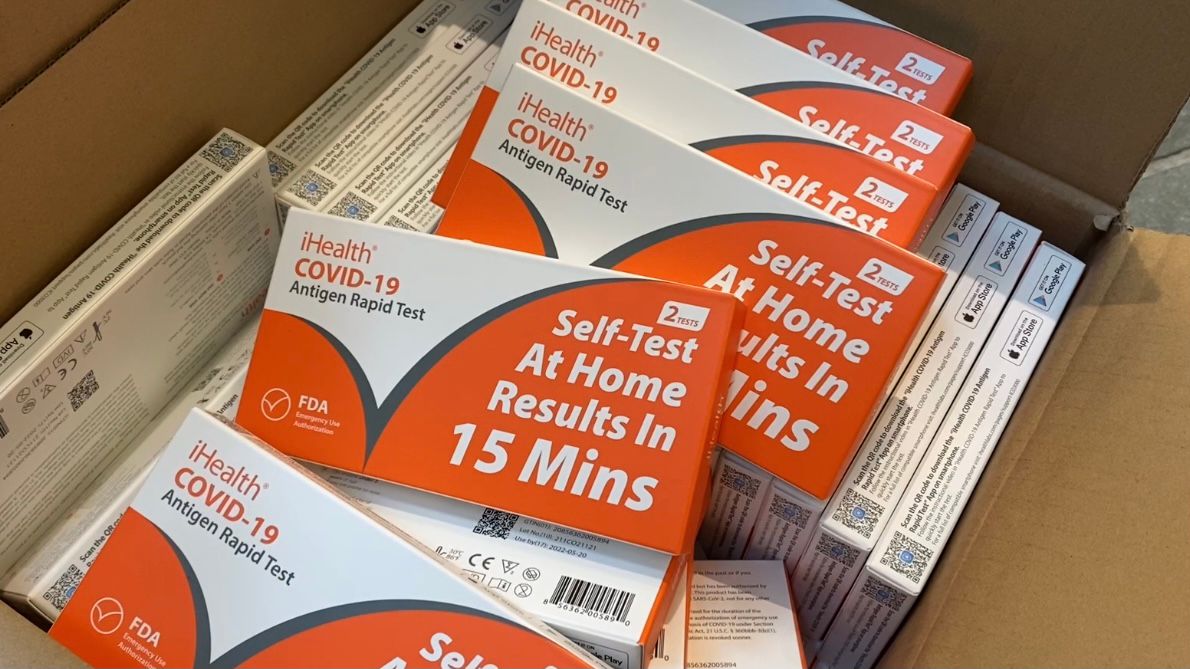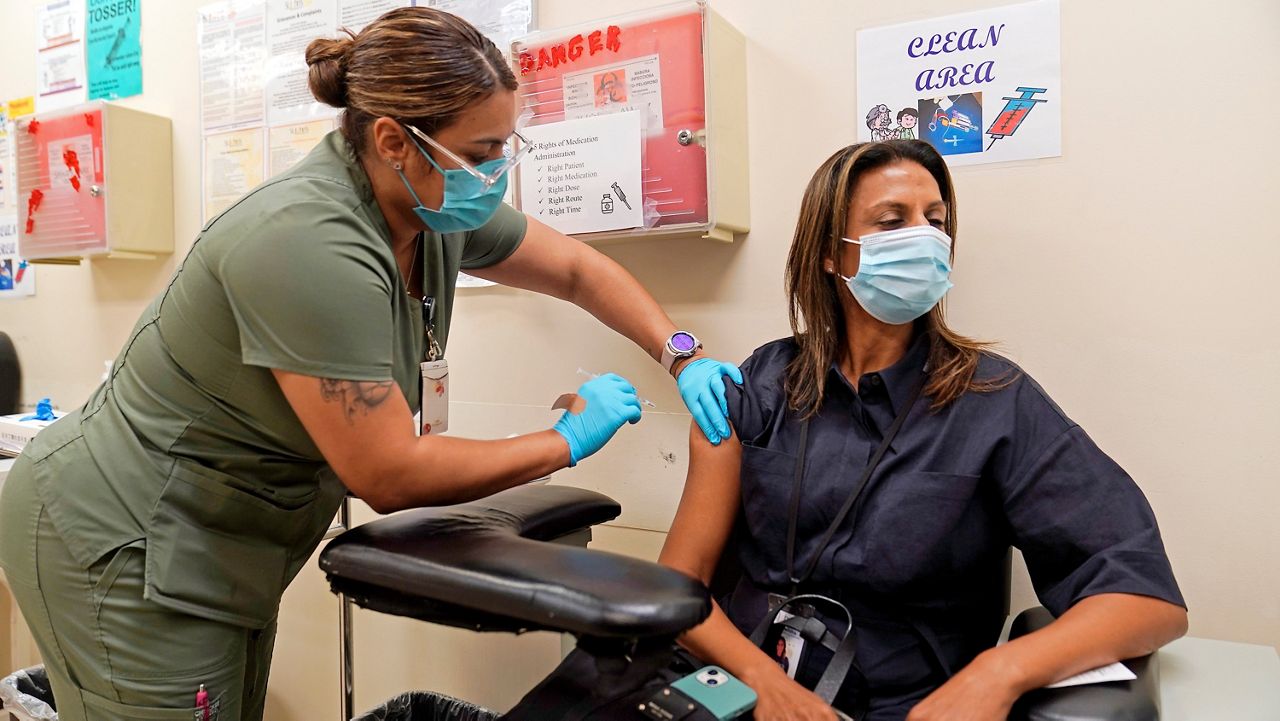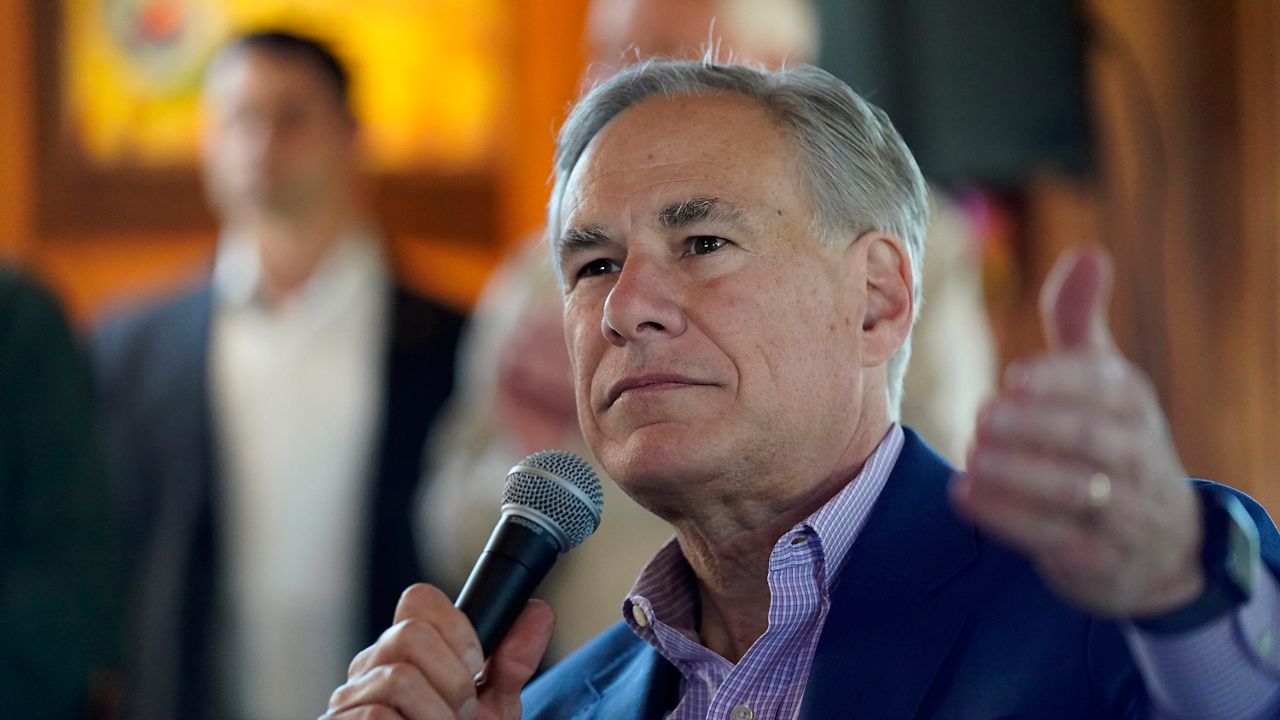FORT WORTH, Texas — A new year has begun, but old COVID-19 issues are still affecting Texas businesses as the omicron variant rages through the country.
In the last week, several businesses, restaurants, churches and community centers have announced temporary closures due to COVID-related challenges.
At the New Mt. Rose Baptist Church in Fort Worth, Pastor Kyev Tatum said he decided not to take any chances with his congregation and the very contagious new strain of the illness. He announced last week that the church will move to virtual-only services until things calm down.
“We’re encouraging people to stay in and stay out,” Tatum said. “We felt it was in the best interest of our church where over 75% of our congregants are over 70.”
Tatum said he was hearing about too many people testing positive for omicron, and it comes at a time when many at his church are already taking extra precautions against COVID-19. Late last year, Tatum said the congregation was rocked by the death of a long-time member who, he said, had been battling the illness.
Since that death, Tatum has opened the church’s doors as a free testing and monoclonal antibody treatment center for anyone in the community who is in need of help. While those operations are too important to stop, even temporarily, Tatum said the church had to make the tough call to ask their healthy members to stay home for a while again.
“It doesn’t take a rocket scientist to see we have to do something that’s in their best interest,” he said.
While their temporary return to virtual life is out of an abundance of caution, other businesses in the area are shutting their doors for a while because the new variant has sidelined too many staff members.
Just before New Year’s Day, several Dallas- and Fort Worth-area restaurants announced temporary closures and offered to-go service only, citing large numbers of their service staff calling in sick with COVID-19.
However, it’s not just restaurants and stores dealing with staffing shortages. Late last week, City of Denton leaders reported that its animal shelter and several city buildings would be closed to the public temporarily because of high COVID 19 numbers.
For those businesses not yet affected by waves of COVID sick calls, experts say they may very well soon be.
During a conference call with the media about the rising number of pediatric patients coming in with COVID-19 last week, Cook Children’s Hospital Medical Director of Infectious Disease Dr. Mary Suzanne Whitworth said she fully expected the wave of omicron infections to continue for some time. Unlike previous waves which have spread more slowly, she said this one is creating a lot of cases fast and would likely be a problem for anyone who relies on people to do business.
“For businesses and hospitals and college teachers and school teachers, I think we will have a hard time maintaining a healthy staff through this,” Whitworth said.
Back at his Fort Worth church, Pastor Tatum is finding more indicators that may be the case for people coming through his doors for tests and treatment, and the dwindling numbers of supplies to help them.
Tatum said a number of the people coming in for help had told him that they were unable to find tests in the stores to check for the illness from home. Even more problematic, though, he said his site and others offering the monoclonal antibody treatments are quickly running low on supplies and getting few answers from the state on when they may receive more.
“It was poor planning and poor politics that are being in play, right at the end of the year when we as the state of Texas should have enough stockpiled to take care of Texas,” said Tatum, who called the shortage a supply crisis.
Last week, leaders at the state health department said that only one form of the antibody treatment had proven effective against the omicron variant so far. At the time, the governor blamed the federal government for the shortage of supplies.










